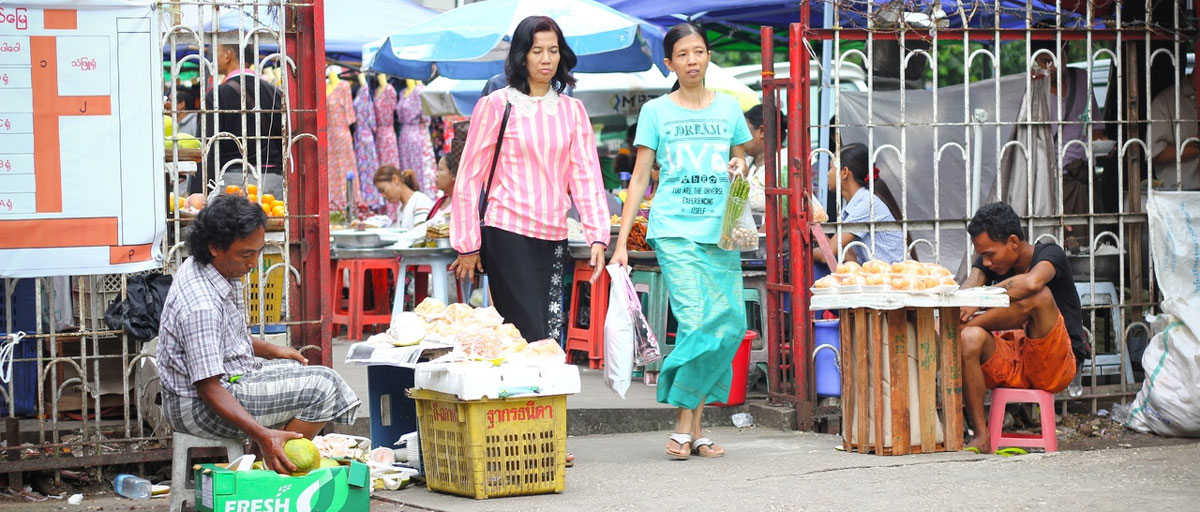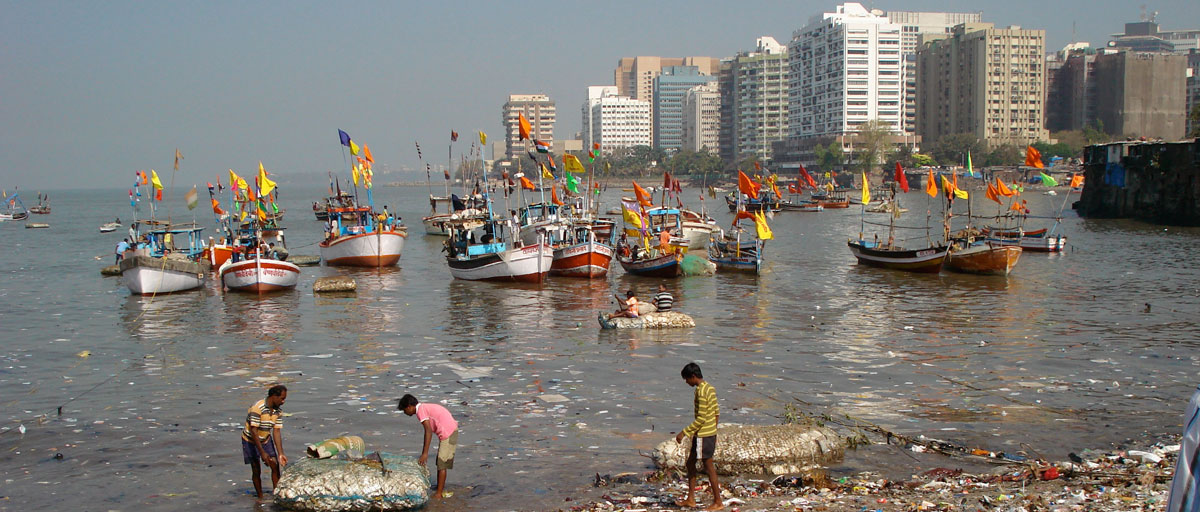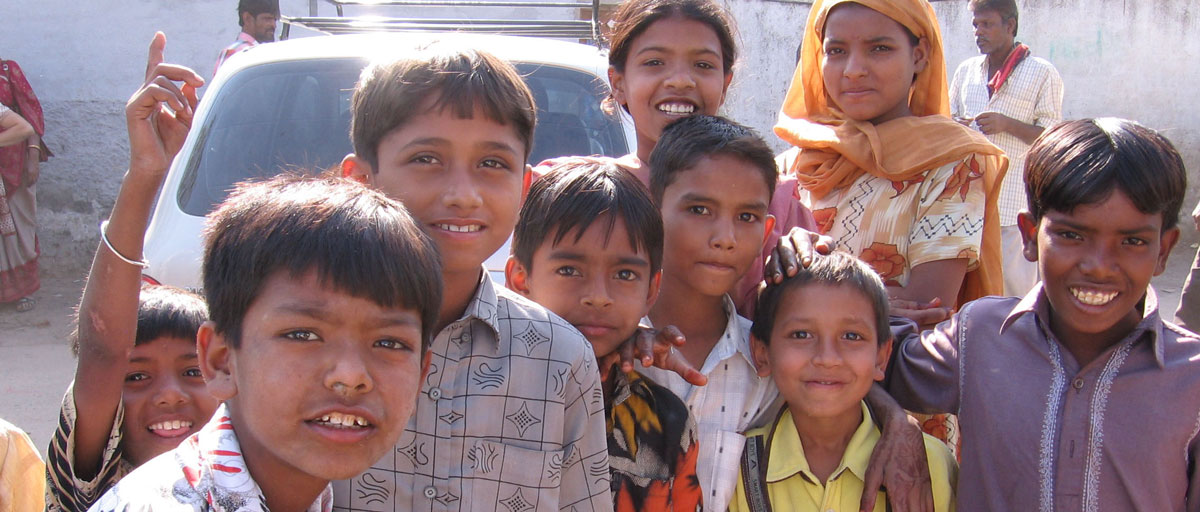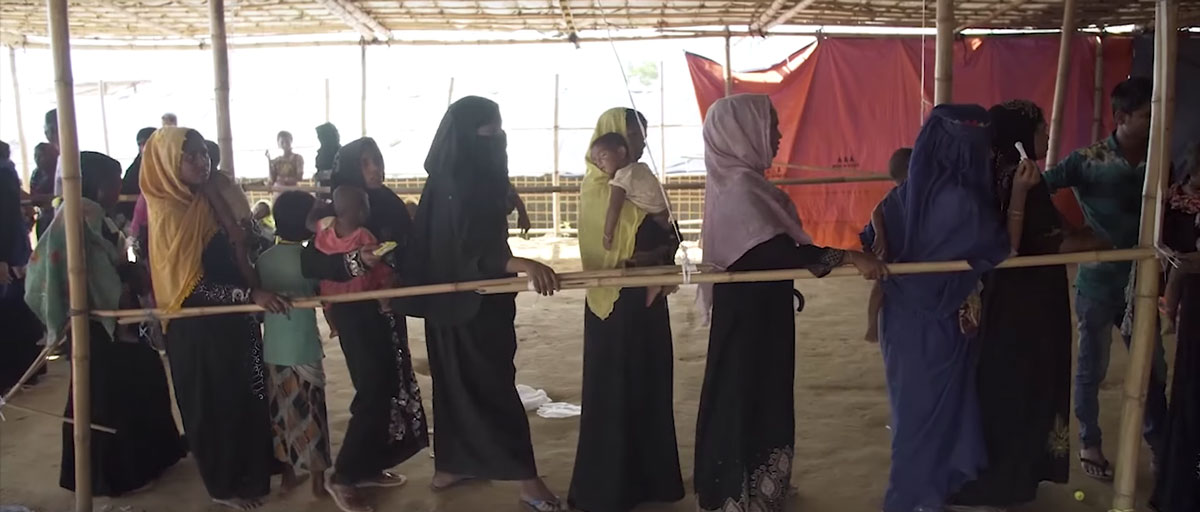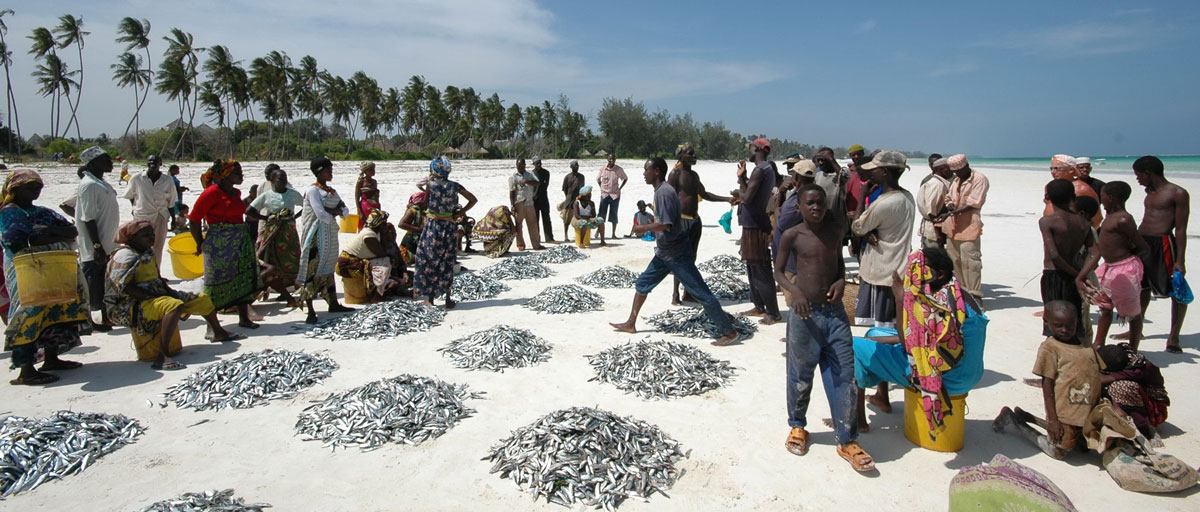
How can we do development differently? In a series of deep dives, centre researchers and partners will explain emerging concepts within sustainability science that are crucial in order to understand rapid global environmental change caused by humans, and to assess potential solutions. Photo: O. Henriksson/Azote
Bildtext får vara max två rader text. Hela texten ska högerjusteras om den bara ska innehålla fotobyline! Photo: B. Christensen/Azote
RESILIENCE AND DEVELOPMENT
Our intertwined planet: New understandings for development
The fifth in a series of seven "deep dives" looking into the connections between resilience and development
Text
In the Anthropocene, where social and ecological systems are interconnected across scales, development requires a different approach. There is a need to move towards a more intertwined understanding of co-evolved social-ecological systems, their dynamics’ feedbacks and their relevance to the development agenda.
Ecosystem services and human wellbeing
Tim Daw
Researcher, Stockholm Resilience Centre
So much of our research at the SRC is built on the foundation that relationships between people and ecosystems matter, but how and why do they matter and what do these relationships really mean for approaches to development practice? Drawing on research initiatives in Mozambique and Kenya, Tim leads us through the multidimensional aspects of human wellbeing and the very different ways that the benefits of ecosystem services contribute and accrue across communities, and even within a single household. People often describe the trade-offs that may be necessary to achieve sustainability, but do we even understand what trade-offs are being made?
Reconnecting people and the planet
Carl Folke
Former science director, Stockholm Resilience Centre, and director, Beijer Institute of Ecological Economics
Part of transforming development means we need to learn how to focus not just on social systems and ecosystems, but how to focus on these as intertwined and tightly coupled. Carl Folke shows how even a system that is economically prosperous, and locally managed through collaborative efforts in a manner that is highly valued by the people involved, may still be eroding resilience. Rather than just seeing one part of a system (e.g. the ecological) as limiting the other, Folke explains how considering the ecosystem when solving social challenges, or considering social systems that shape our ecosystems, can open up completely new opportunity spaces in development.
Biocultural diversity in the Pamir Mountains of Afghanistan and Tajikistan
Jamila Haider
Postdoctoral researcher, GRAID, Stockholm Resilience Centre
Reflecting on her own previous experience with development interventions in the Pamir Mountains and ongoing research, Jamila Haider shares how development often erodes social, ecological, and cultural relationships in a place. Jamila shows how there is a need to see landscapes as biocultural - that is, how biodiversity and cultural diversity can be a source of resilience. Need ways to think creatively about your approach? Jamila shows how food can be a meaningful way to bring people together, operationalize new practices, and give voice to those typically marginalized by big development interventions.
Addressing the complex poverty puzzle using resilience thinking
Jamila Haider
Postdoctoral researcher, GRAID, Stockholm Resilience Centre
Many people within development agree that alleviating poverty, improving wellbeing, and achieving a sustainable and just future is more than just about achieving a simple economic measure (e.g. such as earning a certain amount of money each day). Despite this agreement, it is still a struggle to re-shape interventions and practices on the ground and move beyond simplified measures and approaches. In this chapter, Jamila unveils a new tool called the Poverty Cube and demonstrates how it may help in moving forward with a social-ecological-economic-cultural approach to ensure more integrated poverty alleviation interventions.
Care, agency and knowledge for people and planet
Maria Tengö
Researcher, Stockholm Resilience Centre
Johan Peçanha Enqvist
Postdoctoral researcher, University of Cape Town
If we want new ideas and new practices, we also need new words to even articulate and to be able to share these ideas. Maria Tengö introduces one such term to reflect care, knowledge, and every individual’s and group’s agency – Biosphere Stewardship. Building on Tengö’s foundation and sharing research on water in Bengaluru, India, that was conducted in collaboration with Harini Nagendra, Peçanha Enqvist shares how the stewardship concept can be meaningful when applied to re-shaping national and local management approaches.
Practitioner reflection: With Our Own Hands - celebrating food and life
Jamila Haider
Postdoctoral researcher, GRAID, Stockholm Resilience Centre
In this video, Jamila Haider shares her experience of creating With Our Own Hands: A celebration of food and life in the Pamir Mountains of Afghanistan and Tajikistan. The book tells the cultural and agricultural history of the Afghan and Tajik Pamirs. It describes Pamiri food and its origins, people’s daily lives, their struggles and celebrations.
Explore more deep dives
Deep dive 1: The new context for development and why it matters
Deep dive 2: Taking action in a complex world
Deep dive 3: Transformation and rethinking development practice
Deep dive 4: The journey from theory to practice
Deep dive 6: Why global perspectives matters for local development
Deep dive 7: Reimagining development practice
- Deep dive 1: The new context for development and why it matters
- Deep dive 2: Taking action in a complex world
- Deep dive 3: Transformation and rethinking development practice
- Deep dive 4: The journey from theory to practice
- Deep dive 6: Why global perspectives matters for local development
- Deep dive 7: Reimagining development practice

Learn more about how to apply resilience thinking with Wayfinder, an online platform for resilience assessments, representing a major innovation in resilience practice.
